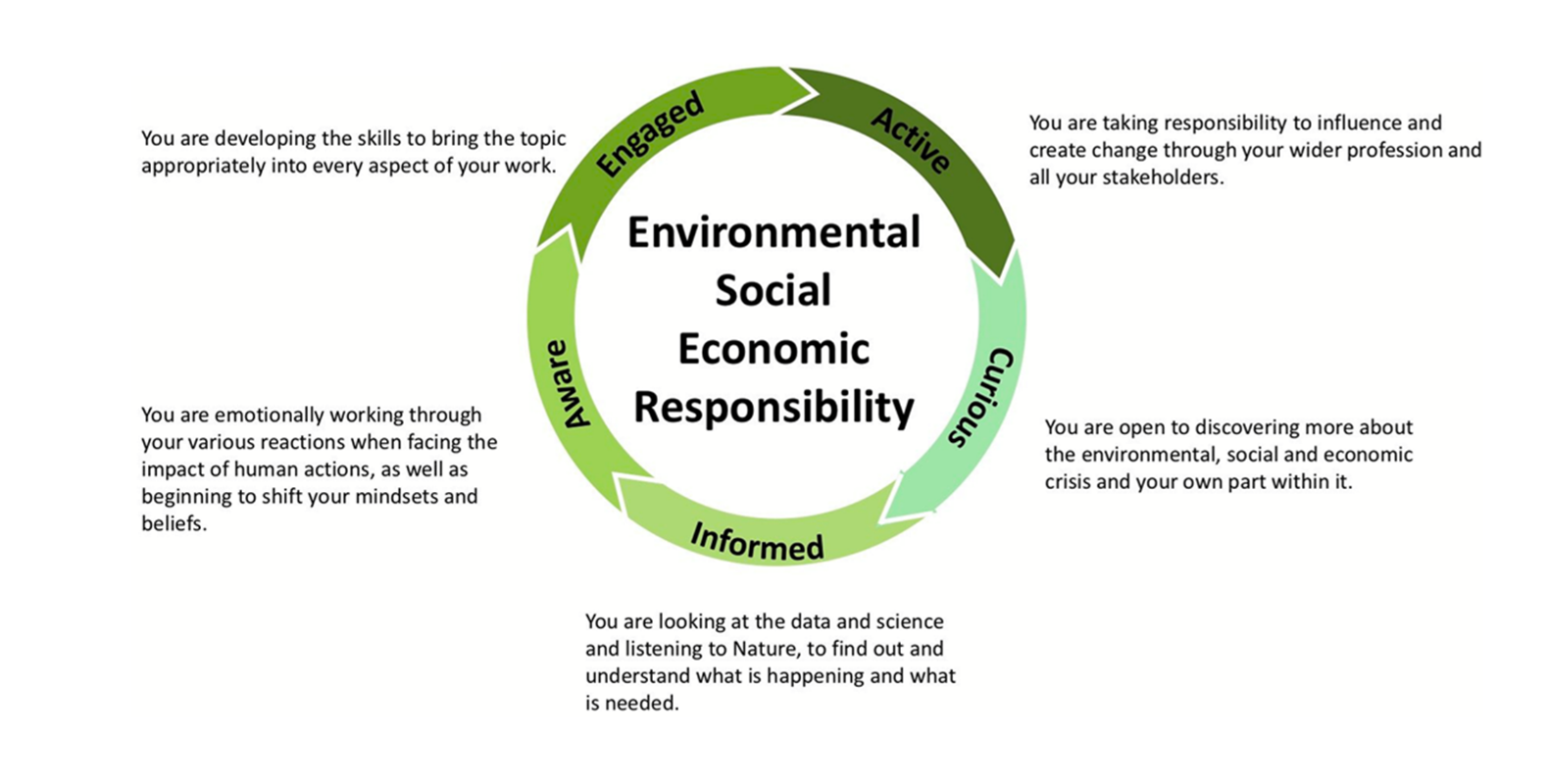The problem
Wars, cost of living crisis and economic uncertainty, climate change, biodiversity loss: we are facing a “polycrisis” of existential threats from environmental breakdown and resulting social, political and economic dislocation. How do we navigate our way as leaders – and as humans – through these unprecedented times?
The solution
This question should be central to every leadership and boardroom conversation – if it isn’t already. To what extent are you facing into and actually talking about the reality of what is happening? It’s not easy – a lot of leaders are avoiding it, and many are still pretending it’s not happening. And meanwhile, we also face a viral pandemic of often unspoken but debilitating “eco-anxiety” amongst our (especially, but not exclusively) younger people. As well as asking “how will these threats manifest in your organisation and sector?”, what about “how will these threats endanger the lives of all future generations?” And “how do we all come to terms with this?” How do we help our people to navigate conversations about this, which are relevant to our immediate leadership context, but also to the future existence of our life on earth?
We need conversations that “build awareness” about what is actually happening (its amazing still how little is known about it, by so many), and then that allow ourselves and each other to “process the grief” of the deepening realisation of it. But then, perhaps most importantly, we also need to find ways of moving beyond the paralysis (that the grief can easily cause), to start doing something about it – pursuing purposeful action based on clear sighted belief and hope, regardless of how optimistic you may (or may not) be.

This is exactly the process described by the “Eco-Phase Cycle” (Climate Coaching Alliance, with Peter Hawkins), a simple but powerful model which provides a framework for having these conversations in a genuine and generative way.
The opportunity
What conversations (if any) are you having about this? How are you making sense of this the most difficult of subjects? What is the quality of the conversations you are having, and/or how could you have more “real”, effective and generative conversations about what is really happening? What is the engagement opportunity that you are missing with your people if you are not? What are the risks and consequences for your business and for your people if you continue to pay insufficient attention to it?
At Aim Higher Leadership, we enable individuals, teams and organisations to become the transformative leaders that our times require.
We do this by helping them see their situation from a wider perspective, encouraging them to understand their interactions on a deeper level, and supporting them to make decisions that create the right kind of change.
Focusing each leader on how to develop their awareness, find purpose in their role, and align their actions to this, allows a resonant quality of leadership to emerge and creates an environment for others to do the same.